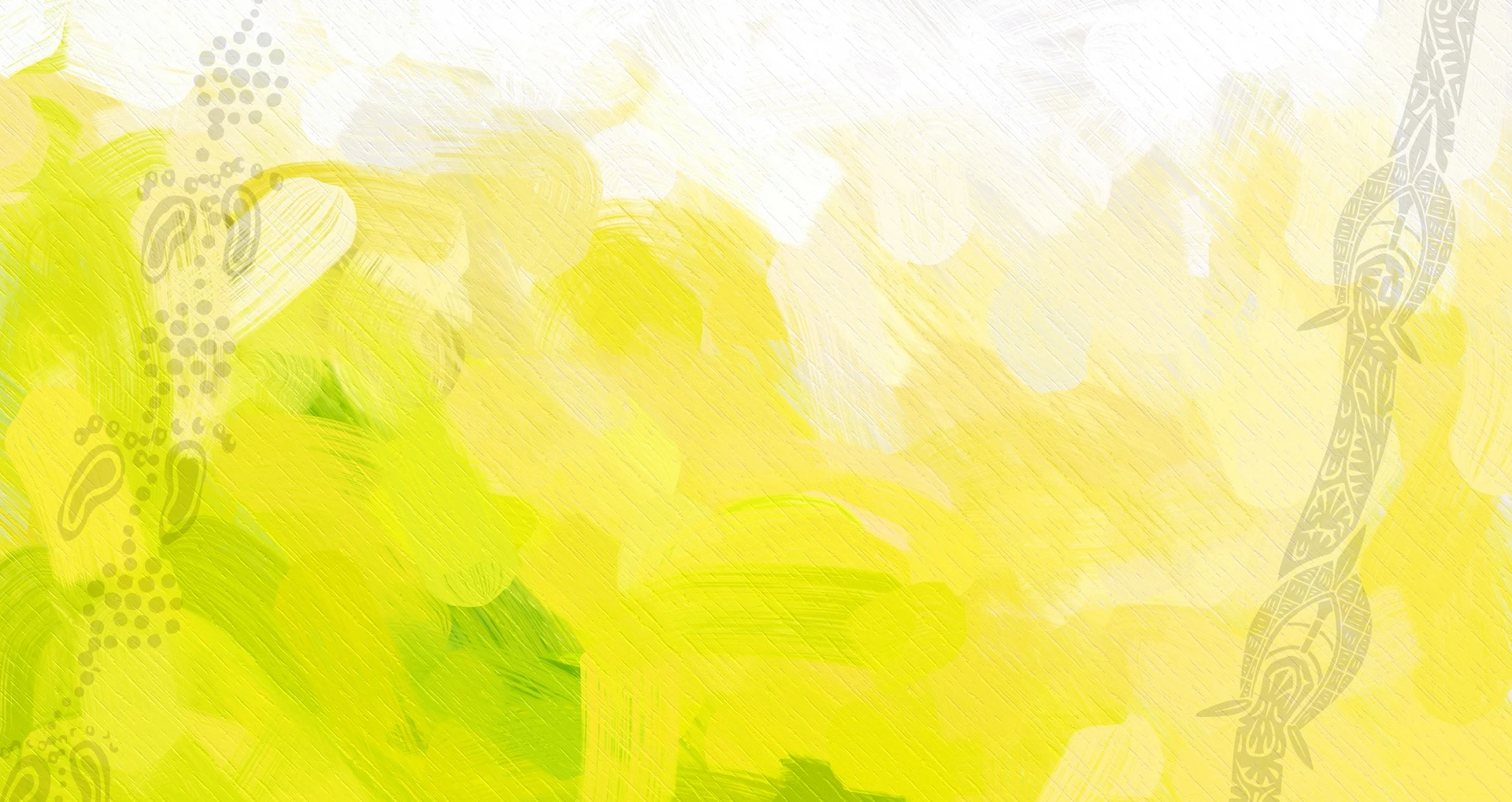
Australia and Olympic Judo
Australia has competed in every Olympic judo competition since the Tokyo 1964 Games where Ted Boronovskis won a bronze medal in the open category.
Maria Pekli matched that achievement in the women's 57 kilogram category at Sydney 2000.
It is also worth noting that in the women's judo demonstration event at Seoul 1988, Suzanne Williams won a gold medal and her sister, Julie Reardon, won silver but this did not count towards Australia’s medal tally.
Daniel Kelly made his fourth Olympic Games appearance at the London 2012 Games as a part of the six strong team, bowing out in the round of 32.
Second time Olympian Mark Anthony came away with Australia’s best result going down in the quarter finals before making it within one match of the bronze medal playoff in the repechage.
Kelly returned as a coach at the Rio 2016 Olympic Games where seven Olympic debutants, all under the age of 25, took to the mat including the nation's first set of brothers to compete in Olympic competition, Nathan and Josh Katz. Katharina Haecker and Jake Bensted progressed through to the second round to claim's Australia's best results at Rio.
At Tokyo 2020 Australia had three representatives in the Judo competition, with all three winning their first round but suffering defeated in round two as they all placed equal ninth.
Olympic History
Judo is the first Olympic sport to have originated in Asia and is now the most popular martial art in the world, with 13 million participants in 111 countries. Judo made its Olympic debut, for men, at Tokyo in 1964 with three specific weight categories, plus an open category for competitors of any weight.
After missing Mexico City 1968, the sport returned permanently to the Olympic program at Munich in 1972. Women’s judo became an Olympic sport at Barcelona 1992, after being a demonstration event at Seoul 1988.
Sport Format
There are 14 events on the judo program with seven events for men and women. The duration of the contests are five minutes (actual time), although the clock stops each time the referee interjects.
The objective in judo is to defeat an opponent by scoring the most points from throws or holds. A bout can also conclude when a player executes an ‘Ippon’ - the ultimate manoeuvre. This can be done by throwing the opponent onto his or her back with force, speed and control.
There is an elimination system of competition with double repechage. Contestants are divided into two tables (table A and table B) by means of a draw and an elimination system produces the two finalists. The two finalists compete for the gold and silver medals.
All competitors defeated by the group winners and runners up (A1, A2, B1 and B2), take part in the repechage of their respective pools to play off for bronze. Their final contest will be against B2 and A2. The respective winners of those contests are placed third, the two losers are placed fifth. The losers of the final repechage contests are placed seventh.
Sport Snapshot
Featured Athletes
Paris 2024 Judo Team
Want to have a go at Judo, or find the nearest club to you?



